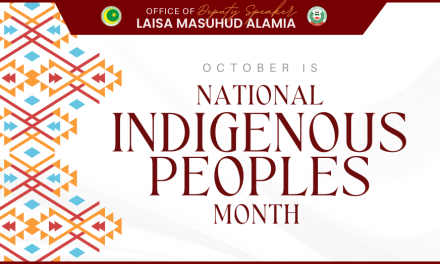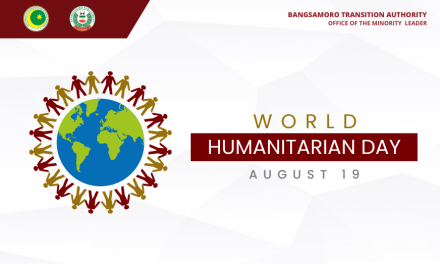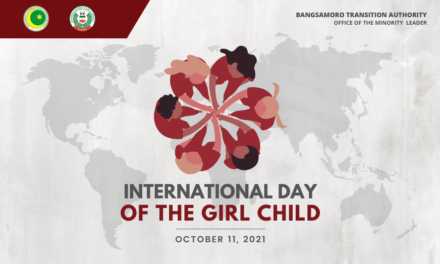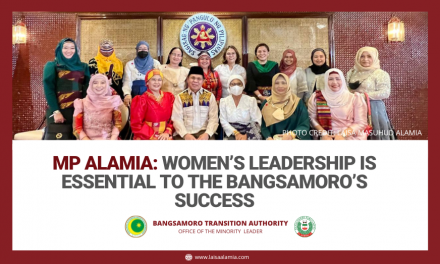The earth teaches us that everything and everyone are linked to each other. In the same way that our shores are linked by the seas, our lives are linked by the air we breathe and the spaces we thrive in. The pandemic has proven just as much, as we all struggled to cope with the changes in our circumstances. It has also reminded us of how important it is to reach out and help each other, and to stand in solidarity with the most vulnerable in times of conflict and crisis.
As we celebrate Earth Day, we must acknowledge the need for collective action as we respond to the climate crisis. The challenges we face cannot be solved by metal straws and ecobags alone. The Philippines, a country located along the typhoon belt and the ring of fire, faces great risks as global climate disruption approaches a point of no return. With the health and socioeconomic impacts of the pandemic compounding the risks and challenges linked to our unique geography, we must continue to pursue policies and climate action that highlight government accountability as primary duty bearers while taking collective responsibility for the planet we call home.
Recovery programs that respond to the effects of the pandemic must ensure job opportunities and livelihood assistance that assists communities towards a clean, green transition to a post-pandemic way of life. We must invest in sustainable projects and initiatives that do help communities in the long run by ensuring safe and healthy environments for the future. The risks and opportunities related to climate disruptions must be incorporated into our thinking, extending to our decisions in public policy and infrastructure.
The fences that separate our homes and the borders that separate our nations do not change the reality that we live in this planet together, and that we are responsible for each other. As we honor the earth by taking steps to ensure its future, we also ensure the lives and safety of future generations.








